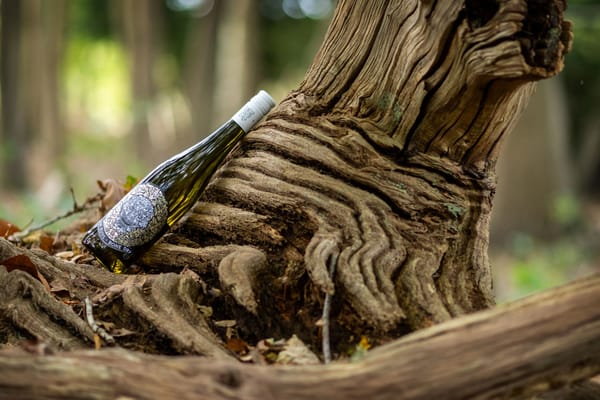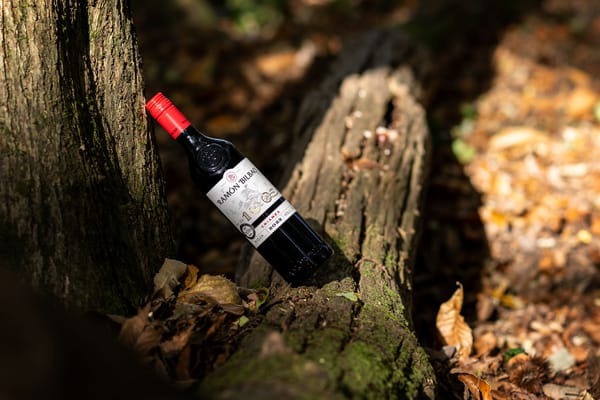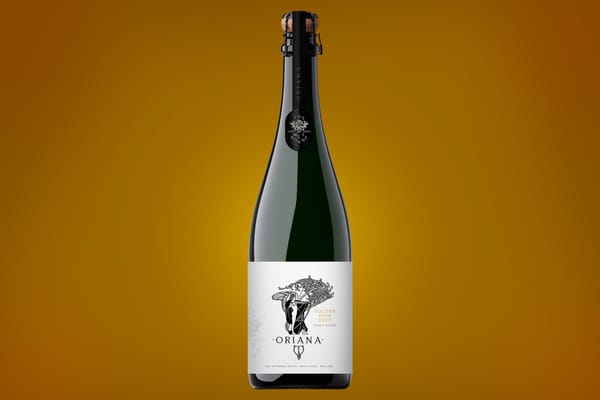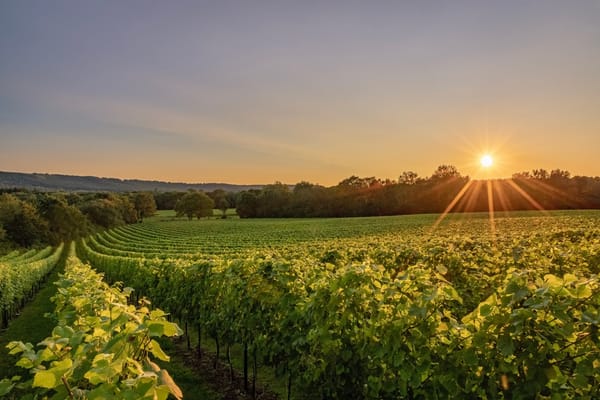Cas’Amaro and Quinta de Chocapalha
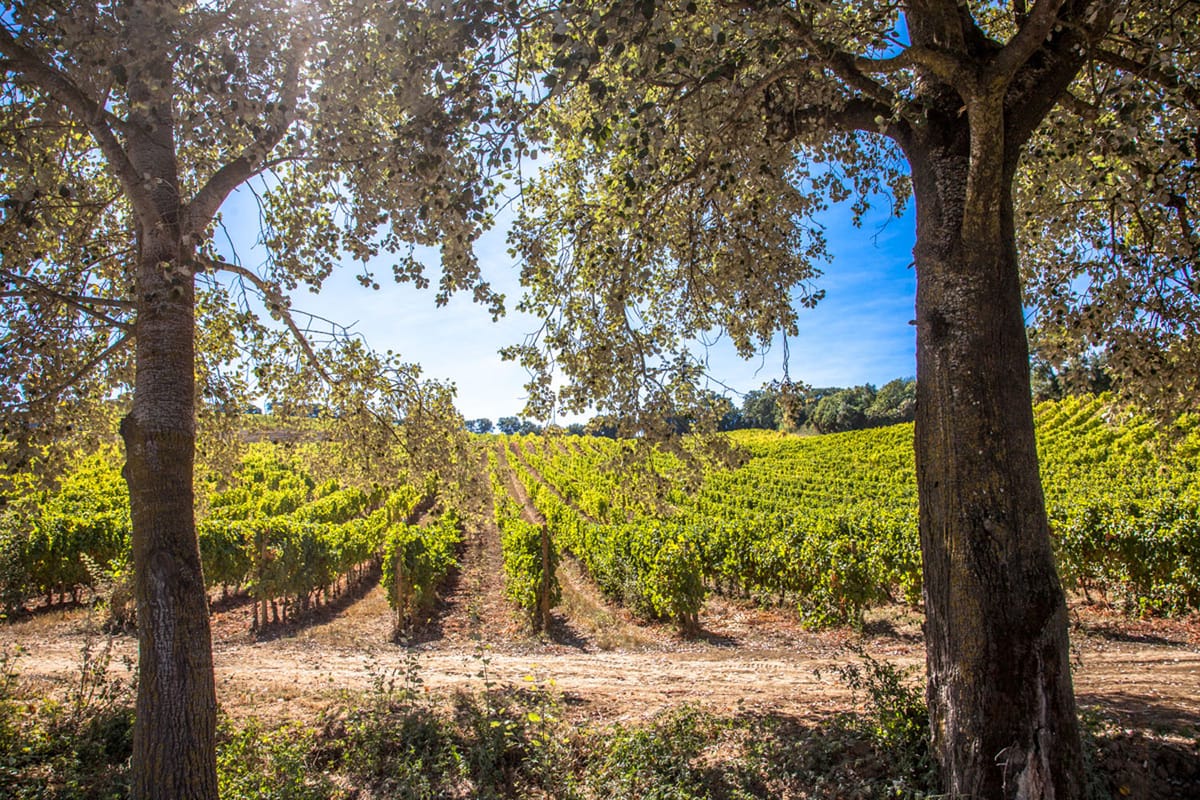
The Lisbon wine region, with its sunlit hills, cooling Atlantic breezes, and vineyards steeped in history, is a place where tradition and modernity intertwine. I recently caught up with two wineries there, Cas’Amaro and Quinta de Chocapalha, to see what they’ve been up to.
Cas’Amaro, based in the picturesque village of Alenquer, takes a bold, forward-thinking approach. Sustainability isn’t just a buzzword here - it’s something they actively embrace. From organic farming to working almost exclusively with native grape varieties, the estate is committed to maintaining Lisbon’s delicate ecosystem. Rui Costa, who heads up the winery, told me how important it is to work in harmony with nature, right down to the winery’s architecture, which blends seamlessly into the landscape.
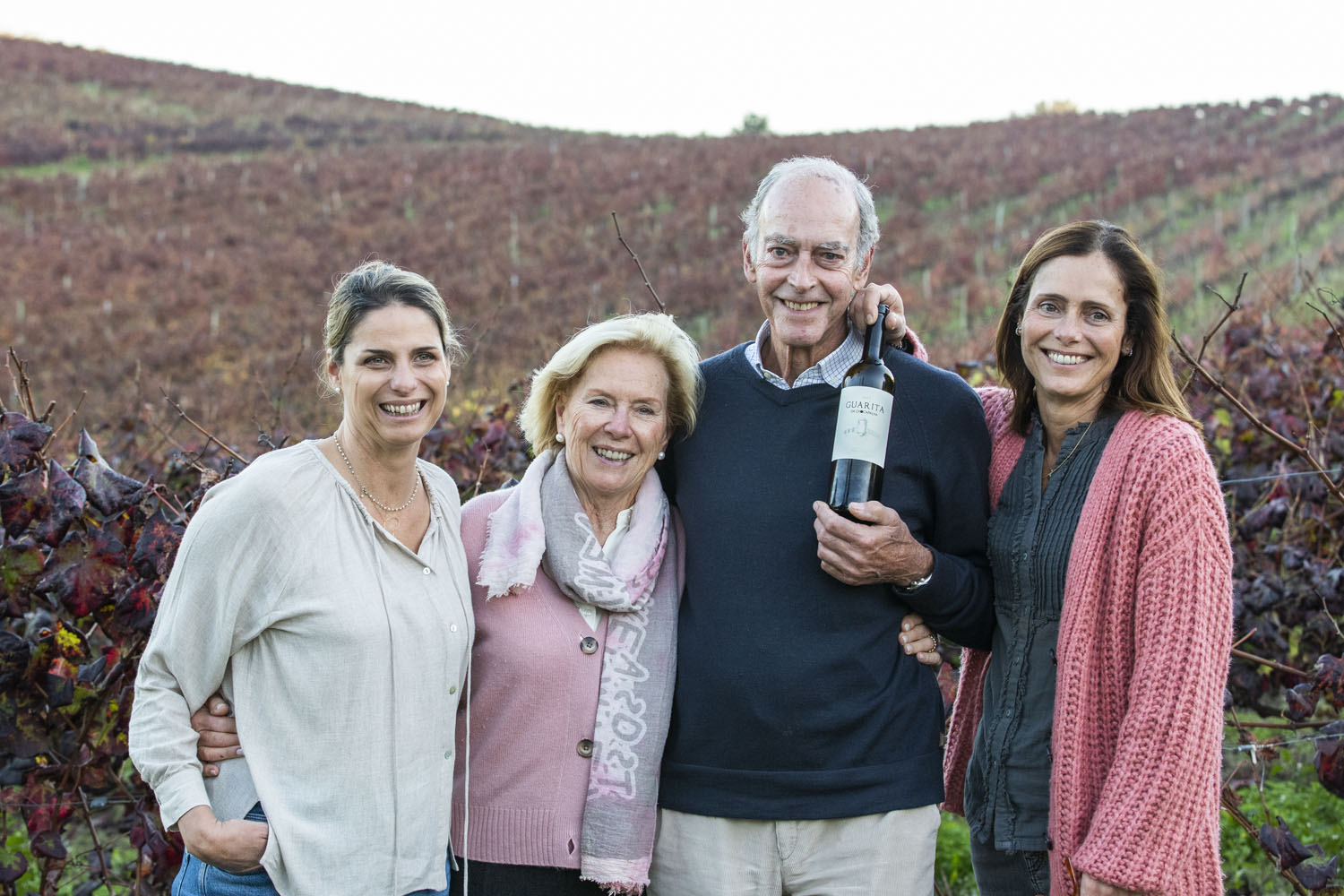
This year, they’ve taken on the challenge of producing lower-alcohol wines, tapping into a growing consumer demand for lighter, fresher styles. “Our biggest success was harvesting at exactly the right moment when the grapes were at their peak,” says Costa. The result? Wines that not only reflect the vibrant character of the region but also appeal to evolving global tastes.
Cas’Amaro is also championing lesser-known Portuguese grape varieties like Bastardo and Tinta Miúda. These indigenous grapes, often overshadowed by more famous international varieties, thrive in Lisbon’s unique terroir. By putting them front and centre, Cas’Amaro is helping to tell a distinctly Portuguese story. But their ambitions go beyond winemaking—the estate has become a creative hub, drawing visitors from all over the world to its wine villa and restaurant. One particularly memorable moment last year involved an American couple who were so inspired by the winery’s eco-friendly ethos that they asked to get married there. “It’s not something we usually do,” Costa admits, “but it was such a special day. It really brought home what we’re trying to achieve here.”
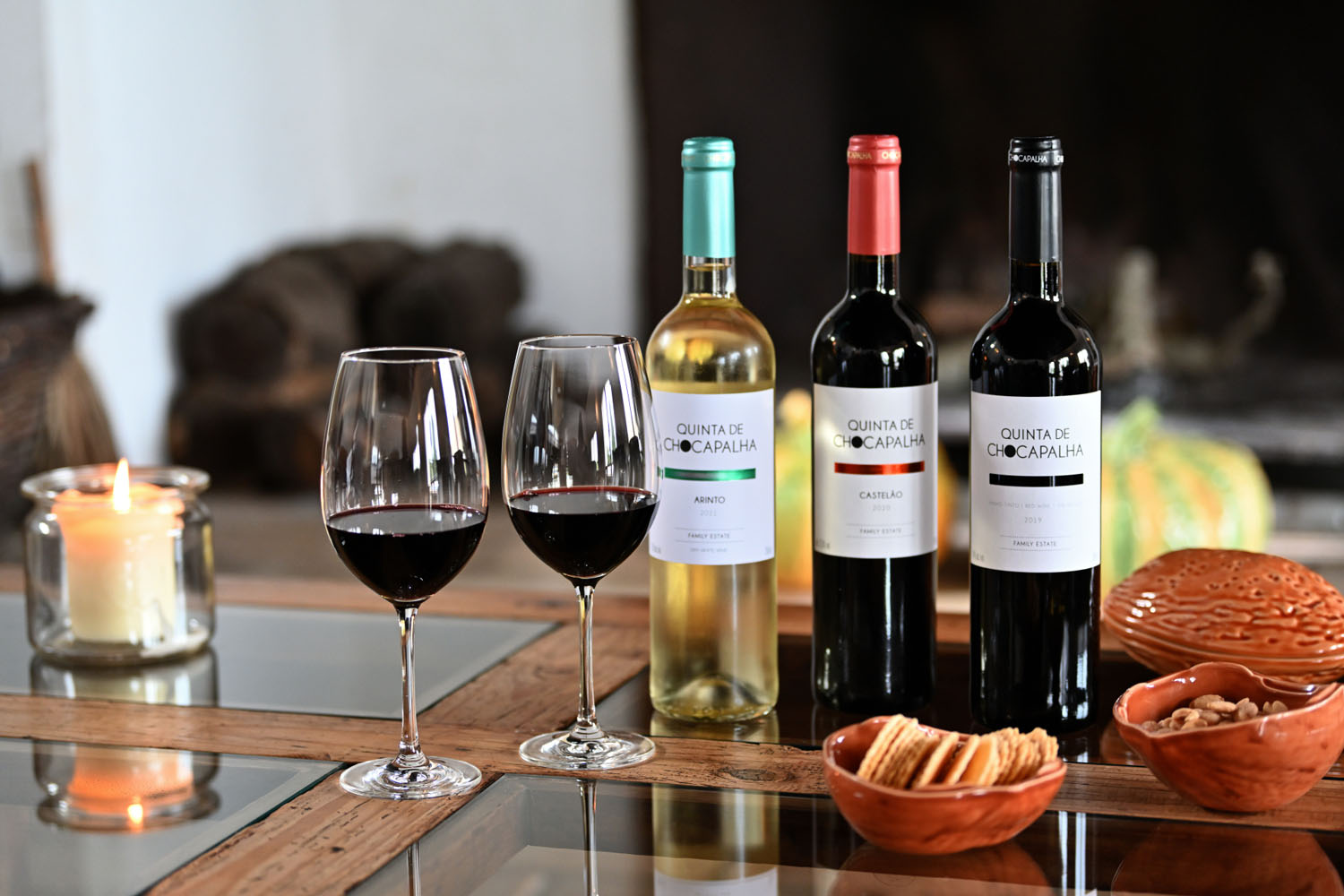
A few miles away, Quinta de Chocapalha shares a similar deep-rooted connection to the land. A family-run estate owned by the Tavares family, it sits in the rolling hills of Alenquer, benefiting from a microclimate shaped by the Serra do Montejunto mountains and the nearby Atlantic. The combination of cooling breezes and diverse soils makes for wines that are unmistakably terroir-driven.
Like Cas’Amaro, sustainability is at the heart of everything Quinta de Chocapalha does, though their approach is more holistic. Their efforts have earned them the highest certification from The National Reference for Sustainability Certification in the Wine Sector, and Andrea Tavares tells me they’ve implemented a range of initiatives, from dry farming and biodiversity conservation to renewable energy and water treatment systems. “For us, the most important thing is to protect our land so future generations can continue working with it,” she says.
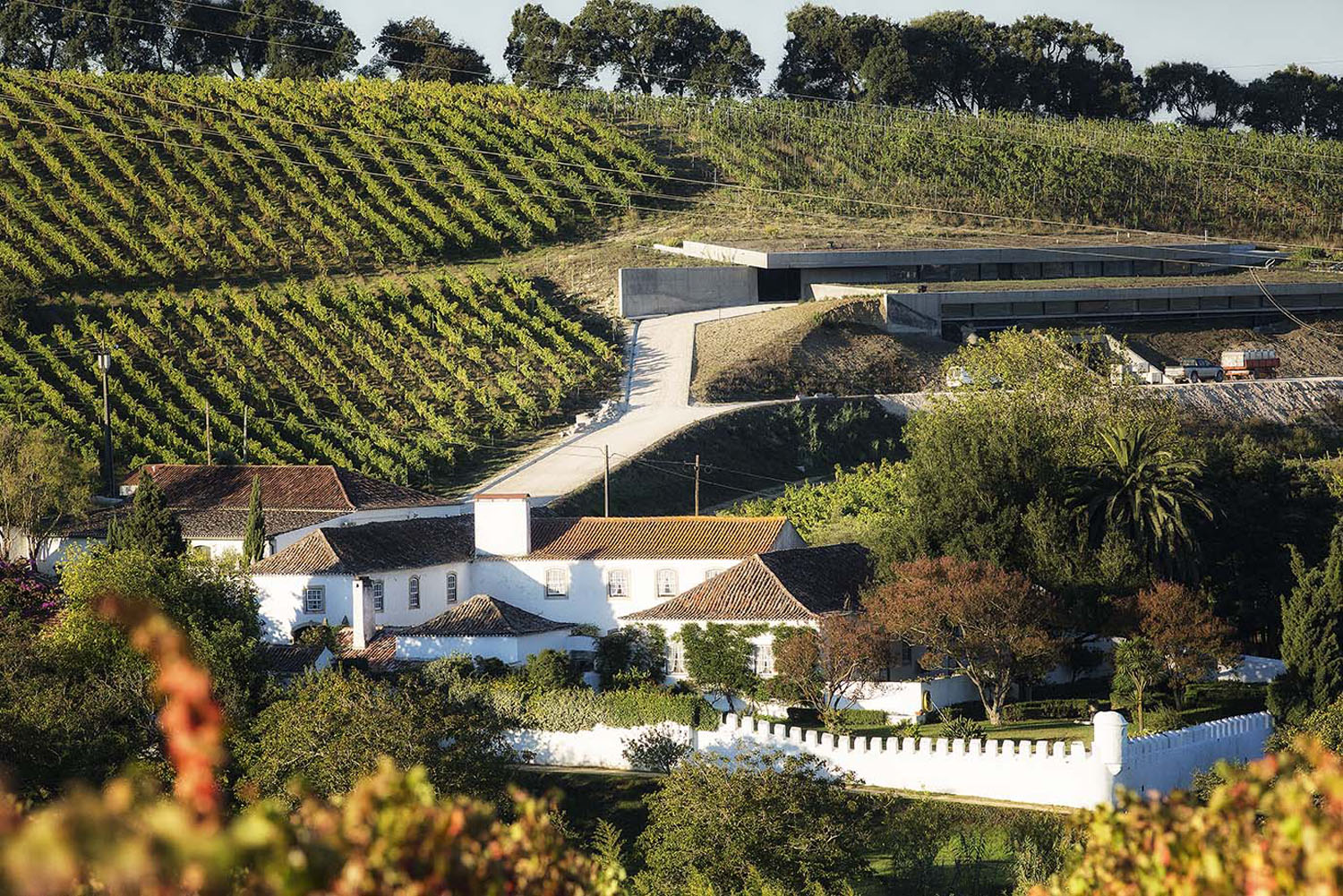
The estate is also deeply committed to Portuguese grape varieties, including Arinto, Castelão, Touriga Nacional, and Alicante Bouschet. While the wine world shifts with trends, Quinta de Chocapalha remains steadfast in its mission to produce wines that reflect their origins. “Consumer preferences change,” Tavares acknowledges, “but our focus has always been on making wines that speak of this place.”
Beyond winemaking, Quinta de Chocapalha is known for its warmth and hospitality. Many visitors return year after year, drawn by the estate’s welcoming atmosphere. One couple, who first visited in 2018 and got engaged during a tasting, came back this year to celebrate their wedding anniversary. “It’s moments like these that make all the hard work worthwhile,” Tavares says.
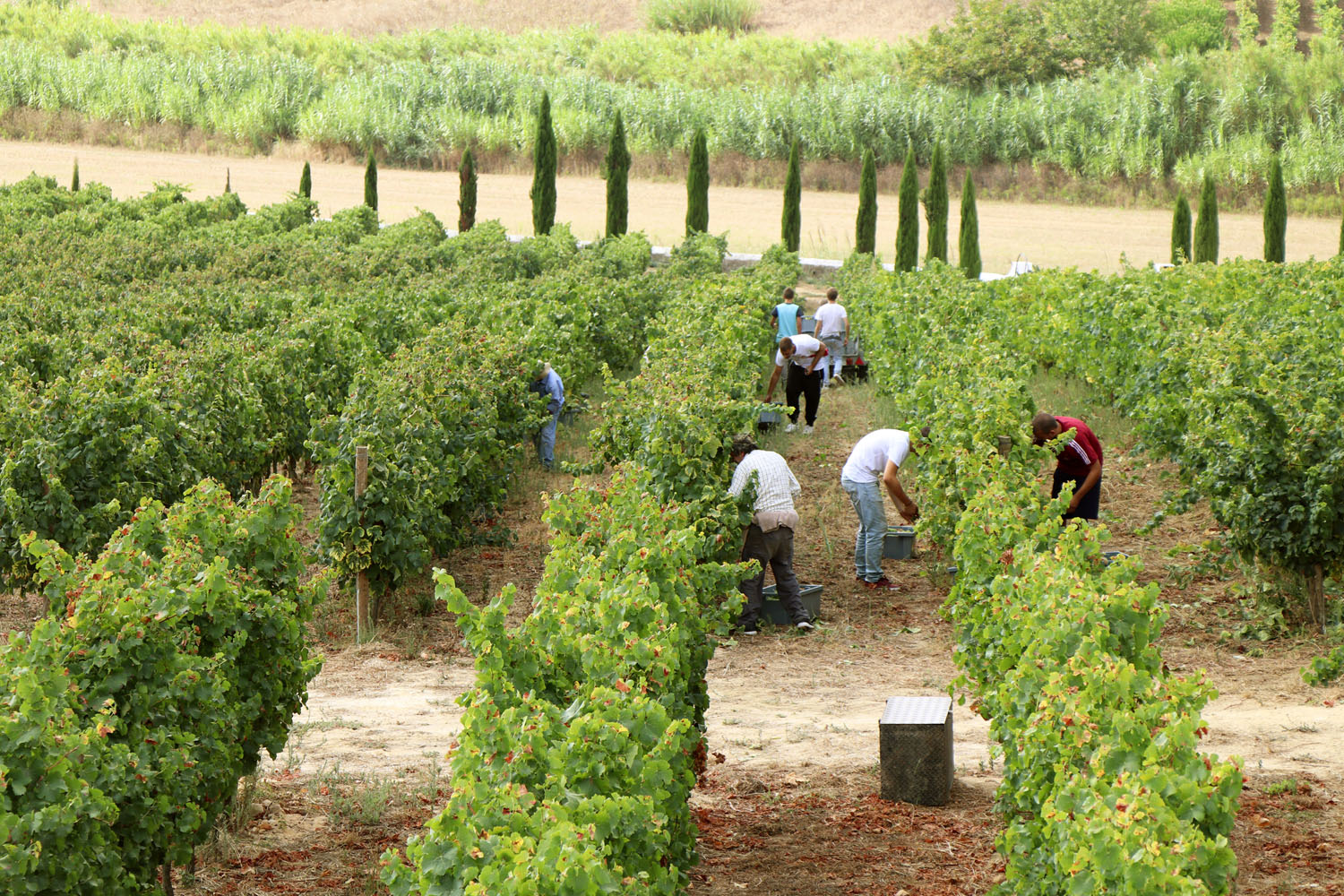
Both wineries highlight a growing global interest in Portugal’s native grape varieties. Cas’Amaro is exploring grapes like Sercial and Rabo de Ovelha, while Quinta de Chocapalha continues to champion classics like Tinta Roriz and Touriga Nacional. But what truly connects them is their shared commitment to sustainability, even if their approaches differ. Cas’Amaro infuses creativity into its eco-conscious philosophy, integrating sustainability into everything from vineyard management to wine label design, collaborating with renowned Portuguese artists to create distinctive branding. Quinta de Chocapalha, meanwhile, takes a broader, practical approach, incorporating lighter packaging, conservation initiatives, and long-term environmental planning.
And then there’s Lisbon itself, a region that plays as much a role in these stories as the wineries do. Its historic villages, dramatic landscapes, and proximity to the Atlantic make it an exciting and diverse winemaking hub. Alenquer, with its winding streets and rich past, provides the perfect backdrop. Visitors can explore local landmarks like the Montejunto Nature Reserve or enjoy a meal at restaurants such as Páteo Velho and Areias do Seixo, both favourites recommended by the winemakers.
Ultimately, the stories of Cas’Amaro and Quinta de Chocapalha are about more than just wine. They’re about people - families, visitors, and wine lovers - coming together over a shared passion.
You can view my interview with both estates at:-

